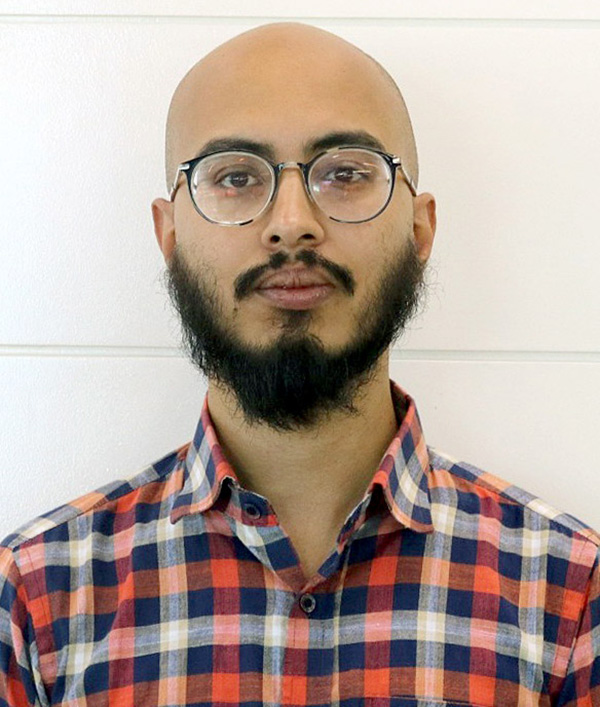Miscellaneous
One Nepali in Brussels
To most, a new home is not easy to make but for the rootless, home is nowhere. But it can be everywhere
Pranaya SJB Rana
In line for customs at the Brussels Airport, my passport in hand, I wait anxious. As a brown man with a beard, I expect scrutiny and a barrage of questions. Never mind that I am not from a ‘sensitive’ country or that my religion is not that which evokes fear. But I know the ease with which perceptions take hold. I am dressed in a semi-formal blazer and cotton pants, large glasses and have trimmed my beard down to a stub. I have come prepared.
My turn arrives and I hand over my passport. The man behind the glass asks me if this is my first time in Belgium. I nod. He asks me if I’m a student. I nod again. He asks why I chose Belgium. I reply that the programme I am enrolled in is a fine one. He stamps the passport and hands it back, motioning me to leave. I am relieved and just a bit surprised that things went so easy.
Over the course of a week in Brussels, I discover that Belgians do not cower. After the terrorist attacks at the Brussels Airport and at a metro station in March, I had expected heightened security, armed guards patrolling the streets, a more visible ramp up in the security theatre. I spy heavily armed armymen in twos walking around the city centre and outside the Central Station, but they are less intimidating than I had imagined. As I watch, a presumably homeless man walks up to them and asks them for a smoke, gesturing wildly and laughing maniacally. The two armymen, massive rifles slung across their chests, only smile back and do their best to pretend not to see. I try to imagine just how this incident would’ve played out in the United States, or even in Nepal.
At the European Quarter, headquarters of the European Capital, anyone can simply walk into the courtyard of the European Parliament building, a couple hundred metres from where the head of the European government has his office. There are no security checks, no patrolling guards, no tanks and no heavy machinery. There is greater security outside Singha Durbar, I think.
But besides a few more guards, there is very little that would impress on a visitor that Belgium had just suffered its worst terrorist attack in history just half a year ago. Outside the Maalbeek station, the station bombed in March, there is light art on
the walls that spell out in large white letters: ‘REMEMBER’. Right opposite it, on the walls of the station, the corollary: “FORGET’. It is as if to say, remember what happened but do not let it define you.
Brussels is a conundrum. It is as if it is always being pulled in different directions. Often literally. Belgium is nation with dual identities—the French and the Dutch. Half the country speaks French and the other half speaks Flemish. This divide is everywhere, from the top levels of government down to the communes and neighbourhood enclaves. As a capital, Brussels is spared the language divide somewhat, but even the universities that I attend—the VUB and the ULB—were once the same school; now they are divided along language and culture lines. It is not utopian. There are lessons here for Nepal but I am yet in the process of figuring out what they may be.
In Brussels, diversity is not overwhelming, like in New York. It is a quiet kind of difference, one that takes some searching to find. The neighbourhood of Matonge is one of my favourite areas, an African node that attracts people from across Europe and from Africa. It is not simply a black African neighbourhood in Brussels; it is a meeting point that stretches from the Congo all the way across Belgium, France and England. In Matonge, the air smells different, flavoured with African spices and exotic meats. It is noisier, with music shops blaring raucously rhythmic African music. It is also much more colourful, yellow, reds and greens abound on women’s dresses and men’s shirts. It is a welcome enclave in a commune that feels too clean, too sterile, too white.
I have now been in Brussels for a little over a week, during which time I have walked much and I have walked long. This is a city where walking is not a chore. I have rediscovered the inherent pleasure of stepping out of your door with no destination in mind and simply allowing yourself to be carried by the eddies of whim. It is possible here to be a true flaneur, simply observing, not taking part. Last week, when I visited the Ixelles commune town hall to register myself as a resident, an argument broke out between a white woman and a black man, both of them yelling at each other in increasingly louder French. Although they were arguing in public, I felt as if I was privy to something secretive. Perhaps it was that I couldn’t understand their words, and so, felt like a voyeur, peeping into a situation where I had no referent.
Exploring a new place, I feel like a cartographer, treading unchartered territory and drawing my own mental maps. I am starting once again to enjoy getting lost, the simple joy of the aimless wander. Walking is therapeutic for homesickness. It is easier to not long for the wonted while engaged in making a new place more familiar. To most, a new home is not easy to make but for the rootless, home is nowhere. But it can be everywhere.
thinkinink.wordpress.com




 25.12°C Kathmandu
25.12°C Kathmandu










